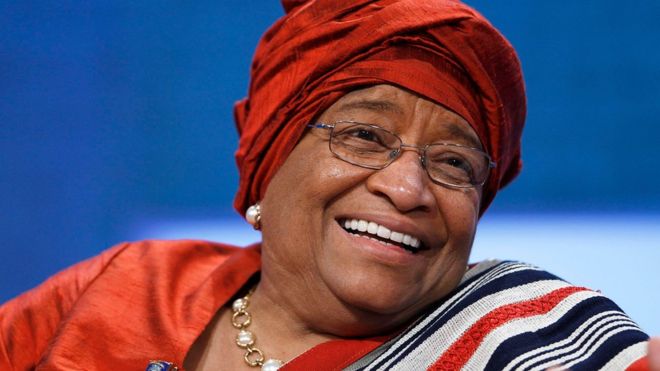allAfrica.com
By Jerry Chifamba
Zimbabwe, a socially conservative nation, has consistently seen a smaller proportion of women running for office than males since the country gained its independence in 1980, despite the fact that women make up more than half of the electorate and its 15 million residents.
A pro-gender equality constitution that mandated the reservation of 60 seats out of the present 270 in parliament was enacted by the Southern African nation in 2013. But the statistics for women engaging in politics is still low, despite efforts to promote equality and increase women's participation in national decision-making platforms through the quota system.
In March 2021, the only woman politician who served in the southern African nation's presidium, called it quits on her political career. Joice Mujuru was vice president for nearly 10 years before she was expelled from the ruling Zanu-PF in 2015 on the back of a slew of allegations, among them allegedly attempting to illegally remove then President Robert Mugabe from power, colluding with the party's enemies and sowing divisions in the ruling party. Mujuru said she is now concentrating on raising her family and farming. Some would argue that she was violated and bullied out of politics despite the courage she showed in a predominantly male arena.
Among the presidential candidates for August 2023's polls are Zimbabwe's current leader Emmerson Mnangagwa representing the ruling Zimbabwe Africa National Union-Patriotic Front (Zanu-PF), Nelson Chamisa leading the Citizens Coalition for Change (CCC), and an ally of the late president Mugabe, Savior Kasukuwere, who is also fighting a legal battle that aims to prevent him from running for office.
-
Tags
#Zimbabwe

